Extreme male brain
Recent articles
Book Review: ‘The Pattern Seekers’ links human invention — past, present and future — to autism traits
Simon Baron-Cohen’s new book is essentially a 272-page argument for his hypothesis that all human innovation stems from the ability to discern and manipulate causal patterns.

Book Review: ‘The Pattern Seekers’ links human invention — past, present and future — to autism traits
Simon Baron-Cohen’s new book is essentially a 272-page argument for his hypothesis that all human innovation stems from the ability to discern and manipulate causal patterns.
In defense of sex steroids’ role in autism
Multiple independent studies are revealing evidence suggesting that sex steroids are important in autism.
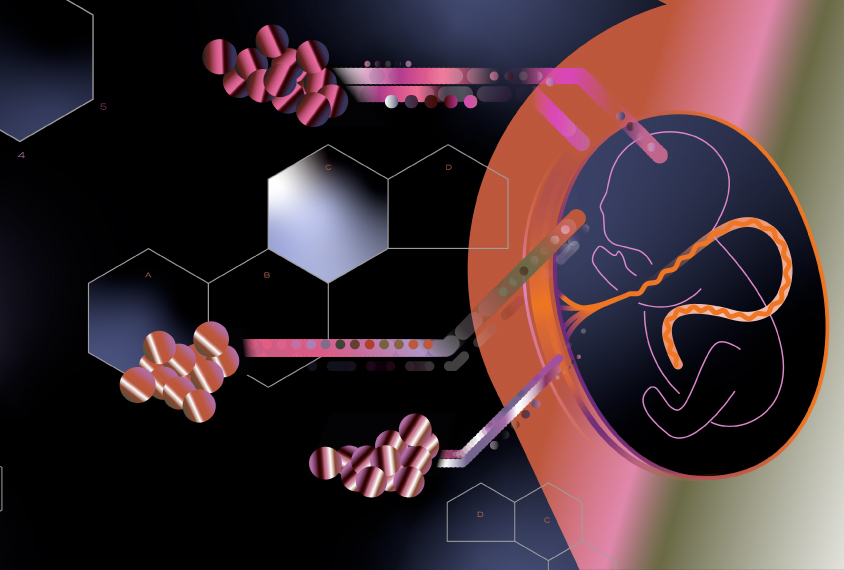
In defense of sex steroids’ role in autism
Multiple independent studies are revealing evidence suggesting that sex steroids are important in autism.
The extreme male brain, explained
The ‘extreme male brain’ theory suggests that autism is an exaggeration of systematic sex differences in ways of thinking.
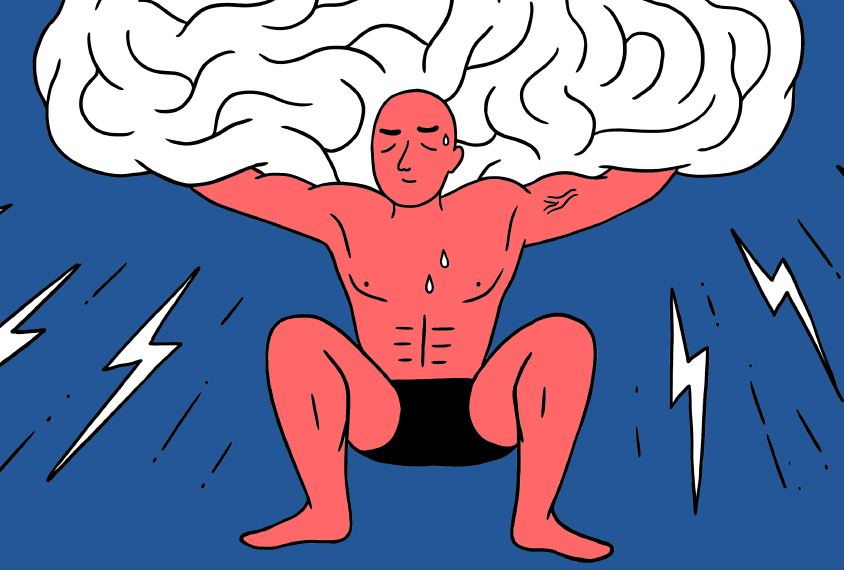
The extreme male brain, explained
The ‘extreme male brain’ theory suggests that autism is an exaggeration of systematic sex differences in ways of thinking.
Why adults need an easier path to autism diagnosis
Getting an autism diagnosis can be difficult for many adults, due to the dearth of reliable tests, high costs and bureaucracy.
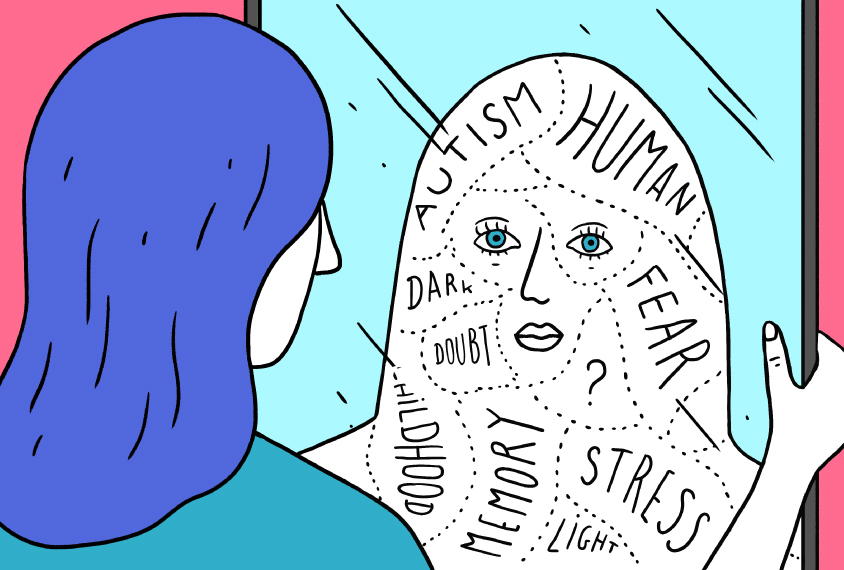
Why adults need an easier path to autism diagnosis
Getting an autism diagnosis can be difficult for many adults, due to the dearth of reliable tests, high costs and bureaucracy.
Predictive brain waves; spotting liars; pet peeve and more
Brain waves in infancy forecast autism, people with more autism features have trouble detecting lies, and veterinarians battle claims that vaccines cause autism in dogs.
Predictive brain waves; spotting liars; pet peeve and more
Brain waves in infancy forecast autism, people with more autism features have trouble detecting lies, and veterinarians battle claims that vaccines cause autism in dogs.
Regression review; gendered association; model tribute and more
A sweeping analysis covers evidence of regression in autism, gender dysphoria is linked to autism features, and animal models of autism receive full treatment in a special tribute.
Regression review; gendered association; model tribute and more
A sweeping analysis covers evidence of regression in autism, gender dysphoria is linked to autism features, and animal models of autism receive full treatment in a special tribute.
Boyish looks; popular pseudoscience; older fathers and more
Masculinized features help define children with autism, online autism-parent forums spread pseudoscience, and the United States has more older fathers than ever.
Boyish looks; popular pseudoscience; older fathers and more
Masculinized features help define children with autism, online autism-parent forums spread pseudoscience, and the United States has more older fathers than ever.
Questions for Daphna Joel: Brain sex differences may be mirage
Instead of simply listing sex differences in the brain, researchers should consider how sex interacts with other factors to affect the brain, Joel says.
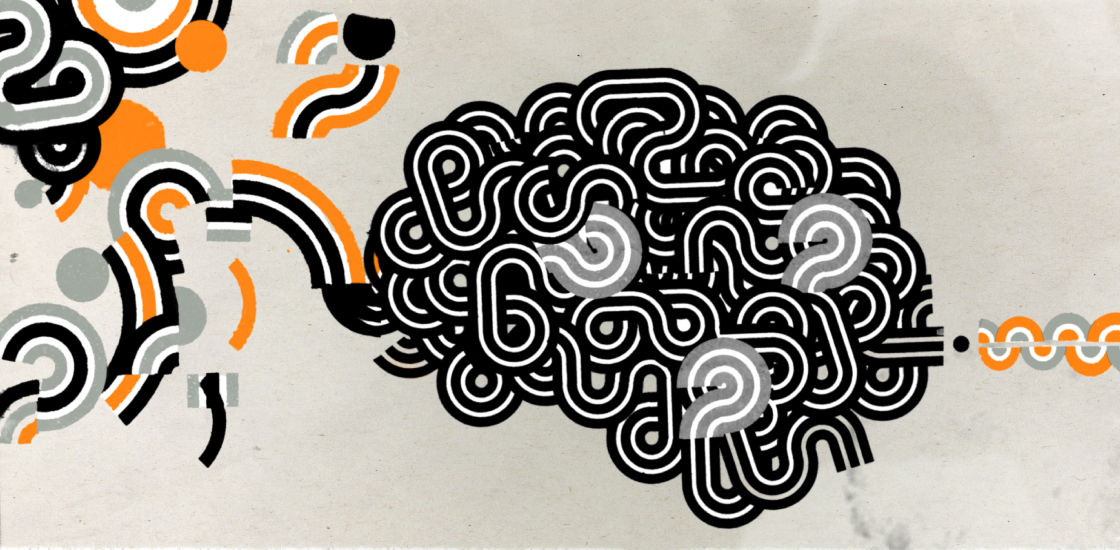
Questions for Daphna Joel: Brain sex differences may be mirage
Instead of simply listing sex differences in the brain, researchers should consider how sex interacts with other factors to affect the brain, Joel says.
Testosterone test; enhancement stance; retirement pan
A new study casts doubt on the ‘extreme male brain’ theory of autism, Americans are worried about gene editing, and a Pasteur Institute clash raises questions about scientists’ age.
Testosterone test; enhancement stance; retirement pan
A new study casts doubt on the ‘extreme male brain’ theory of autism, Americans are worried about gene editing, and a Pasteur Institute clash raises questions about scientists’ age.
Memory and sense of self may play more of a role in autism than we thought
When it comes to recalling personal memories, girls with autism may be more like typical developing girls than like boys with autism.
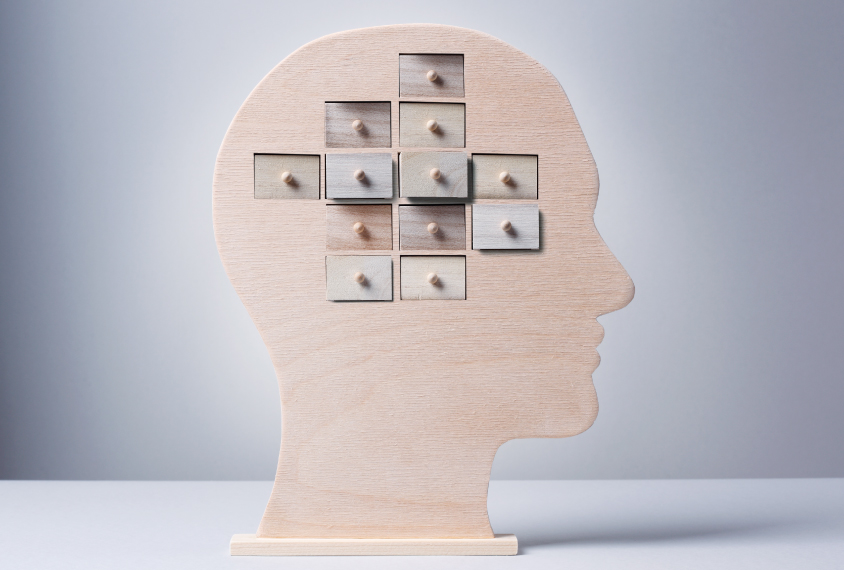
Memory and sense of self may play more of a role in autism than we thought
When it comes to recalling personal memories, girls with autism may be more like typical developing girls than like boys with autism.
Explore more from The Transmitter
Neuroscience needs single-synapse studies
Studying individual synapses has the potential to help neuroscientists develop new theories, better understand brain disorders and reevaluate 70 years of work on synaptic transmission plasticity.

Neuroscience needs single-synapse studies
Studying individual synapses has the potential to help neuroscientists develop new theories, better understand brain disorders and reevaluate 70 years of work on synaptic transmission plasticity.
New insights on sex bias in autism, and more
Here is a roundup of autism-related news and research spotted around the web for the week of 16 February.

New insights on sex bias in autism, and more
Here is a roundup of autism-related news and research spotted around the web for the week of 16 February.
Neuroscience has a species problem
If our field is serious about building general principles of brain function, cross-species dialogue must become a core organizing principle rather than an afterthought.

Neuroscience has a species problem
If our field is serious about building general principles of brain function, cross-species dialogue must become a core organizing principle rather than an afterthought.